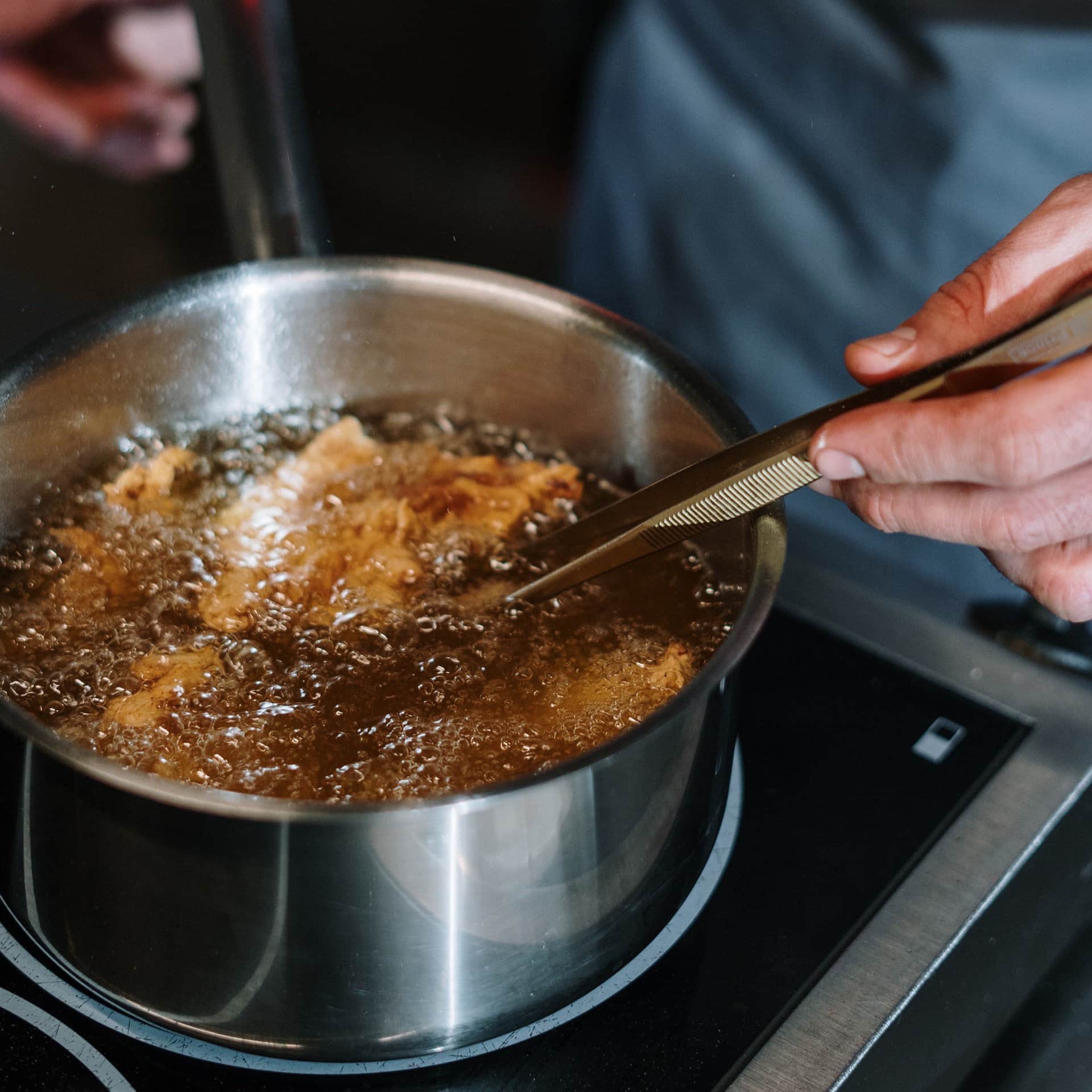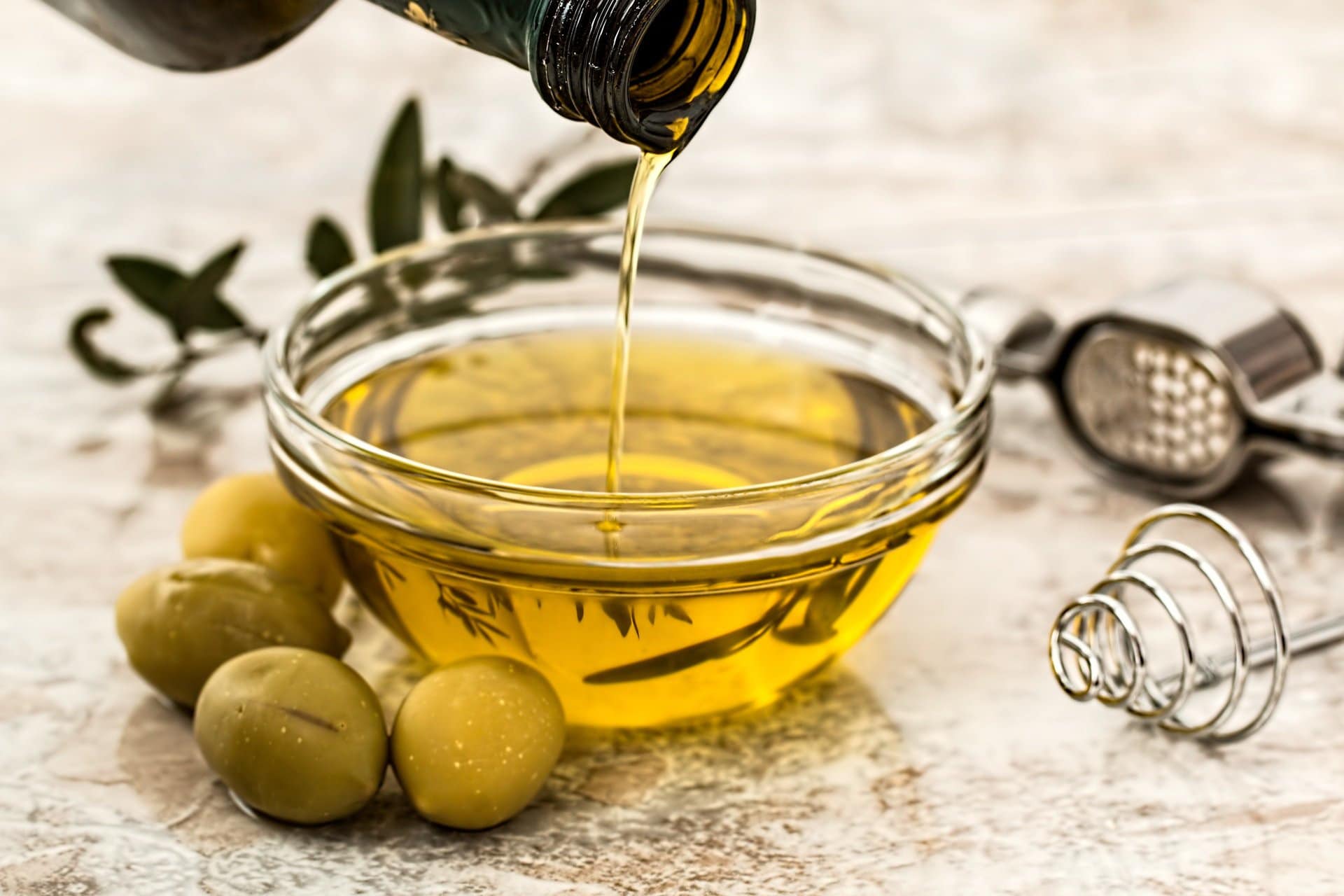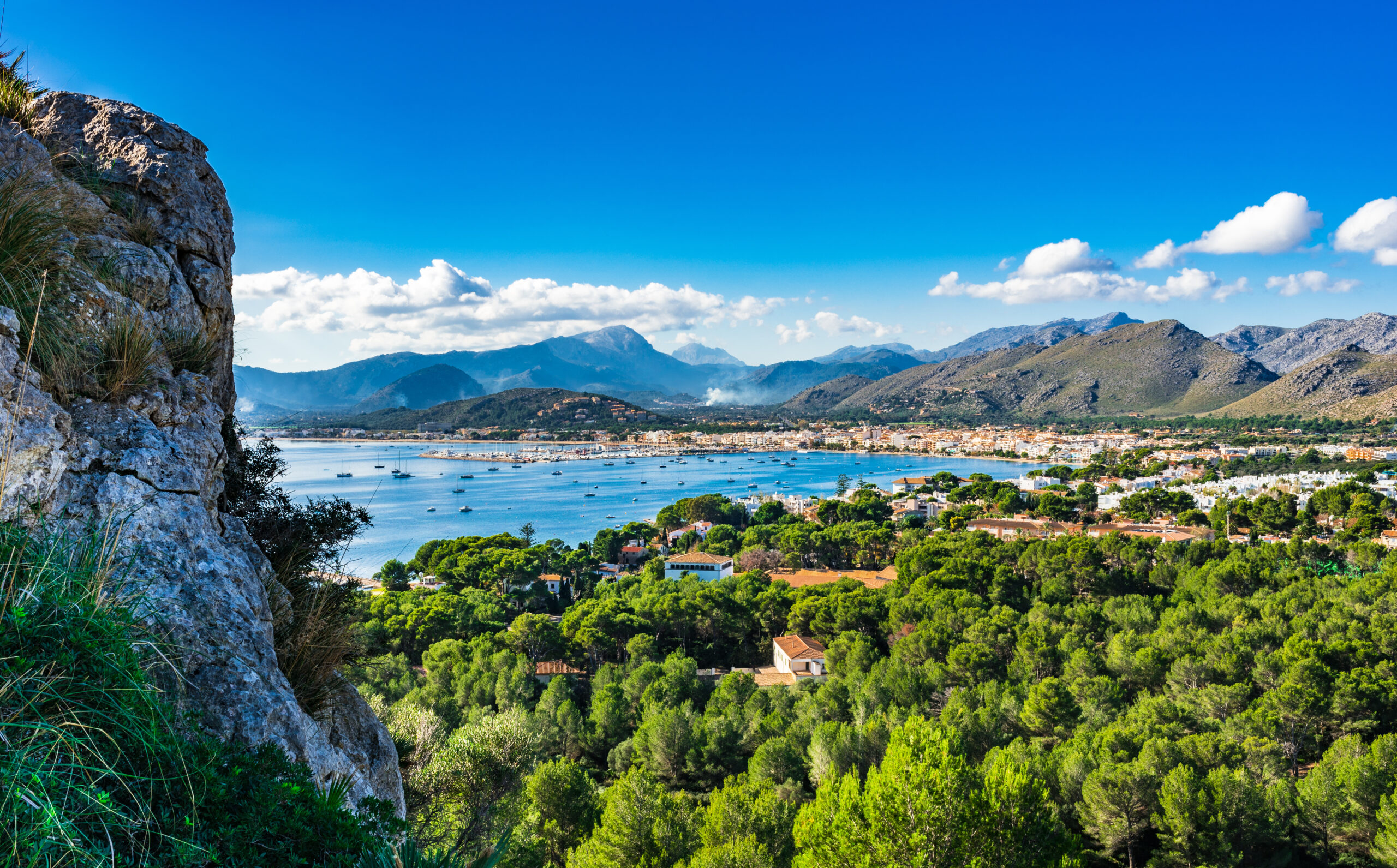As you probably already knew, extra virgin olive oil is great when used cold, but it’s also an excellent ingredient for cooking and preparing delicious and healthy recipes. However, when we use olive oil, let’s say, for frying, there will always be a surplus that, after a while, that is, after several uses, must be discarded.
This leftover cooking oil must be disposed of correctly so as not to generate waste that pollutes or even ends up causing major breakdowns in our drains, as you will learn later. So, in addition to knowing what are the best uses for extra virgin olive oil, we also want to tell you how to dispose of cooking oil and the best way to recycle it.
What do you need to know to dispose of olive oil correctly?
- When to dispose of olive oil.
- How to dispose of cooking oil.
- Where (and where not) to dispose of the oil.
1. When to dispose of olive oil.
Extra virgin olive oil is one of the best oils you could use for cooking and not only for its healthy properties but also for its unique and delicious flavour. When we use it in cold dishes and stews there is no surplus, however, there is when we make batters and fries. So what do we do with this leftover oil? To begin with, is it possible to reuse it? The truth is that it is.

Thanks to the high nutritional value of extra virgin olive oil, which has a large number of antioxidants, it’s possible to reuse it up to five times even when used at high temperatures. In other words, thanks to its composition, this oil doesn’t oxidize like others and maintains its properties without altering or degrading up to 180ºC. That’s why it can be used again, however, for that you must remember that:
- It can only be used for cooking or frying; it is not recommended for marinating or for raw usage. It’s also not recommended to mix it with another new oil.
- You should filter it first using, for example, a cotton cloth once it has cooled. Always watch that its appearance is not too dense and dark.
- If not, the food to be fried in this oil must be as dry as possible to avoid releasing water, which can favour the decomposition of the reused oil.
- For this same reason, it’s advisable never to cover the frying pan or fryer when cooking with this oil, to prevent the water vapour from condensing.
- The optimal way to save it is in an opaque glass bottle, or in a stainless steel one that doesn’t let the light through, storing it in a cool and dark place.
2. How to dispose of used cooking oil.
When we have already used extra virgin olive oil several times to fry food and we want to discard it, the first step is to isolate it. To do this, you can follow these simple steps:
- Let the leftover olive oil cool.
- Store it in an airtight container.
- Recycle this oil. But where?
3. Where (and where not) to dispose of the oil.
The truth is that throwing away extra virgin olive oil and, in general, any cooking oil in the wrong way, can be a danger to the environment. For this reason, it’s essential to know which is the best method to dispose of it and which are the worst. This means:
Avoiding pouring used oil down the sink.
On the one hand, this common act cannot only damage the environment but also the pipes in our home. Pouring the oil down the sink can cause breakdowns in the drain, generating blockages and even breaking our pipes due to the formation of grease balls. In addition, this oil can impair the operation of the treatment plants and cause overflows in the drains.
In the worst case, this oil can also reach rivers contaminating their waters, creating a film that prevents the oxygenation of the water and causes the suffocation of the living beings that inhabit them and also favouring the transmission of diseases that can affect the population. Therefore, it’s the worst option.
Also avoiding throwing this oil into the bin.
On the other hand, although we could use potentially hermetic containers or bottles to isolate and dispose of the oil in the organic bin, this isn’t a good option due to the problems it entails for the environment and the health of the flora and fauna.
You must think that these bottles will most likely end up broken in landfills and that their content, the oil, can be washed away by rainwater, seeping into the land and ending up in springs, natural water deposits, or the sea, thus damaging different ecosystems.
Then, dispose of your used oil in recycling centres.
Since the latter is not an option and hot water and soap won’t break down oils and fats from your pipe, the best option is to take the leftover oil to a recycling centre. This centre may accept used cooking oils and allow you to dispose of larger quantities where oil will be recycled properly.
From these clean points, the oil is accumulated and transferred to centres where its composition is determined and goes through recycling processes in which biofuels, waxes, detergents and soaps, paints and varnishes, and even candles can be obtained.
Susbcribe to our newsletter











